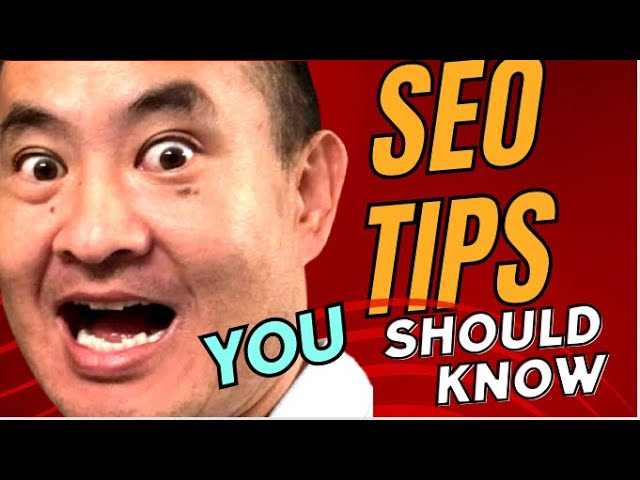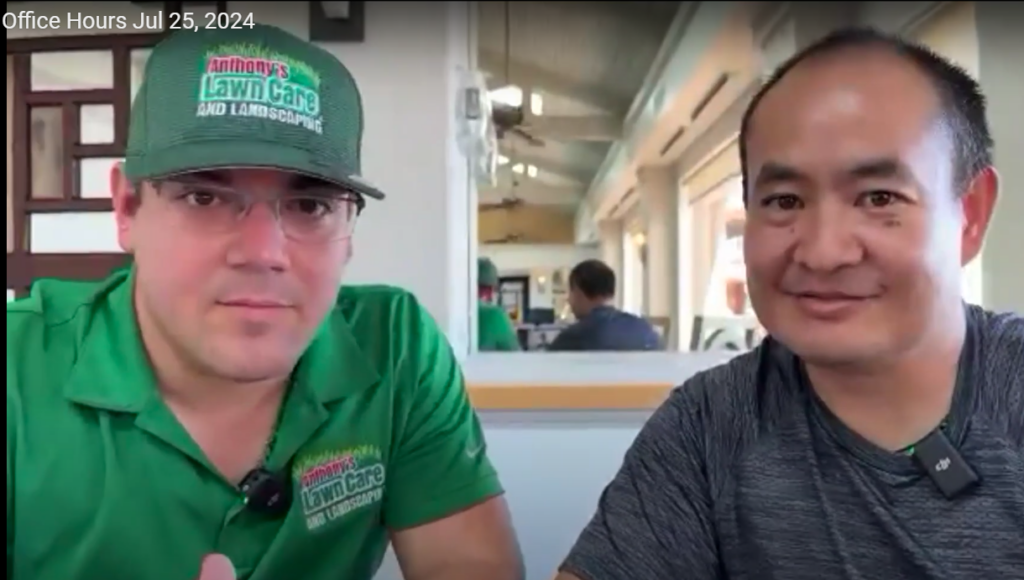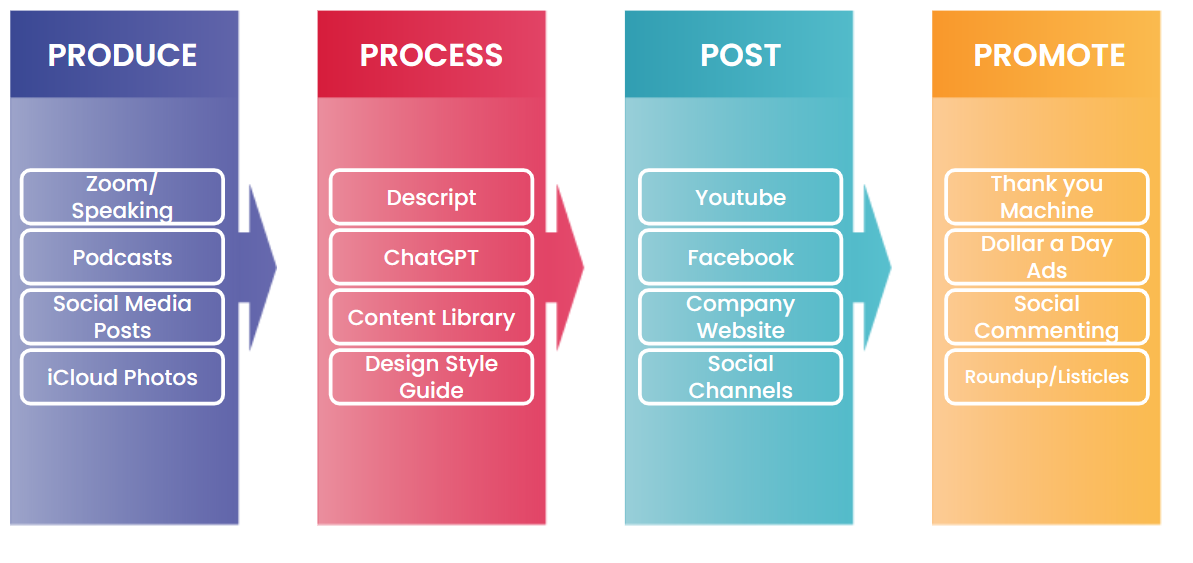
I had a great chat with my friend Richard Kaufman on his podcast, Vertical Momentum, where we broke down what actually works in SEO today.
It’s not about what the gurus say or what some random agency tells you. What actually works is what we do every day with real clients.
Here’s what we covered, boiled down so you can take action immediately.
SEO Is Not a One-Time Task—It’s a Journey
SEO’s not a checkbox or some mystery spreadsheet. It’s like working out—you have to keep showing up.
I dropped 50 pounds over the last few months. Not by reading about fitness, but by doing the reps. Same thing with SEO. You can’t hire someone else to do the pushups—or to be you online.
Richard told me, “I thought SEO was something I could just outsource and forget. I didn’t know I had to show up and be the product.”
Exactly. If you’re a local service business owner, only you know your customers, your work, and your story. That’s what Google wants.
Take Anthony Hilb, for example. He runs a landscaping business in Bloomington, Indiana. Because of his consistent posting—real stories, community involvement, and client work—Google shows a full Knowledge Panel when you search his name. He’s even recognized in public. That visibility doesn’t come from fancy SEO tools. It comes from documenting real work across platforms that Google trusts.

Legitimate SEO is built on proof—organized content that shows what you do, where you do it, and who you help. Not followers, not fluff, and definitely not fake PR.
What wins:
- Posting real photos from your jobs.
- Sharing customer stories.
- Responding to reviews.
- Showing up in your local community.
Stop Believing in SEO Myths
Too many agencies sell snake oil. When I visited Andy at Pure Plumbing in Vegas, I asked him how much he paid for SEO. He said $120K a year.
I pulled up his website. Not one photo of his techs. No reviews. No local pages. Just fluff.
“You’re invisible to Google because there’s nothing real here,” I told him.
Want to rank? Show Google what you’re doing in the places you’re doing it.
Take, for example, one of our clients, Toby Surber of Ad Astra Softwash, whom we’re helping with SEO and marketing. He always takes videos and photos when taking care of his clients. He posts these on his website and social media, sending signals to Google that he does what he says he does, thus improving his SEO.

What works:
- Local signals: Mention landmarks, neighborhoods, and partners.
- E-E-A-T: Show experience, not fluff.
- Knowledge Panels: Real connections between your social profiles, reviews, and business info.
Use Dollar a Day to Amplify What Already Works
We don’t use Dollar a Day to force stuff that sucks. We use ads to amplify what already works.
Liana Ling posted a simple video about her business. We put $1/day behind it. It brought in three clients that week. No script. No studio. Just her, being real.
Use Professional Mode on Facebook. Find a post that’s already getting likes and comments. Boost it. Let the algorithm do its thing.
Start with Stage 1—Content That Builds Trust
Everything starts with the first box in the Content Factory: creating content based on relationships and credibility.
That means showing who you are, what you do, and why people trust you. Not stock footage. Not hype. Just real content that proves you know your stuff and care about your customers.
Once that’s in place, the rest—editing, scheduling, running ads—can be handled by VAs or automated systems. But without that first layer, none of it works.
My buddy Nilson Silva, who owns Master Touch Outdoor Living, has been doing this to improve his SEO. He has produced several pieces of content, including videos and photos, which were later repurposed into different content for each platform.
I have also had podcast sessions with Nilson, some of which have been repurposed and posted on various channels, sending signals to Google, thus improving his SEO.
Key takeaway: Don’t worry about tools or automation until you’ve nailed the content. Show you’re real, show you’re credible, and let that be the foundation.

Do Paid Ads Help SEO?
Paid ads don’t directly impact your rankings, but they can influence SEO by sending signals through user behavior.
Here’s how:
- Positive impact: If your ads bring the right people—people who stay, read, watch, or buy—that engagement tells Google your content is valuable.
- Negative impact: If your traffic bounces fast or doesn’t engage, that tells Google the opposite.
Google doesn’t care how someone gets to your site. It cares what they do once they’re there.
That’s why good ads start with good content. If the experience matches the message, you win on both fronts.
Key takeaway: Paid ads won’t fix bad content, but they can amplify what’s working—and send strong signals that improve your organic visibility.
Relationships First—AI Is Just a Tool
AI can help you move faster, but it can’t replace who you are or the relationships you’ve built.
The core of your SEO, just like your business, is still:
- What do you believe?
- Who do you serve?
- The value you provide.
AI can support that. It can organize your thoughts, help you brainstorm, and make your workflow more efficient. But it can’t replace your voice or your story.
Here’s how to use it right:
- Use AI for insight: Ask better questions. Spot patterns. Draft smarter.
- Stay human: The trust you’ve built with customers, your network, and your community—AI can’t fake that.
I use AI every day, but only to sharpen what I already know. It’s an amplifier, not a substitute.
Key takeaway: Let AI help you think better—but never let it replace real experience, relationships, or authenticity.
Elevate Others First—That’s How You Win
When I sent Richard socks with his face on them, it wasn’t about being clever. It was about relationships.
He said, “Every time I open that drawer, I think about the connection.“
That’s what marketing should be. Elevate others—your clients, your team, your community—and they’ll carry your message farther than you ever could.
Liana Ling didn’t post about her Dollar a Day success because I asked her to. She did it because it meant something.
Boosting Posts for Better Engagement and SEO
Boosting posts isn’t a gimmick—it’s one of the simplest ways to get more mileage from content that’s already working.
If a post is getting solid engagement, put a few dollars behind it. Let the algorithm find more people who will care.
Here’s how to do it right:
- Turn on Professional Mode on your Facebook profile to unlock boosting tools.
- Only boost content that proves value—client stories, behind-the-scenes videos, helpful tips. Not generic promotions.
- Watch engagement closely. Likes, comments, shares, and watch time all signal relevance to the algorithm.
Most people boost posts that were never strong to begin with. That’s like turning up the volume on static.
If the content’s good, boosting just helps it travel farther.
Key Takeaways
SEO in 2025 isn’t about shortcuts or chasing trends. It’s about showing up, staying consistent, and building real trust.
Here’s what works:
- Commit to the process. SEO is earned through consistent effort, just like building a reputation in real life.
- Lead with relationships. Real content, real stories, and real people are what Google and your customers care about.
- Use tools to amplify, not replace. AI, paid ads, and boosting posts are multipliers—but only if your foundation is solid.
Focus less on the latest trick and more on what you already know works: serving others, sharing value, and staying authentic.
Ready to Put This Into Action?
The Content Factory is the exact training we use to help local businesses build trust, create real content, and generate leads through SEO and paid ads.
If you’re ready to turn your relationships and stories into results, check out the Content Factory here.
